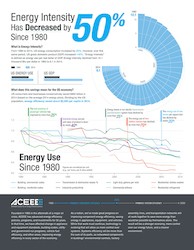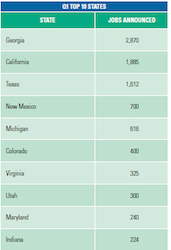 The ethanol industry holds lots of job opportunities in agriculture-related businesses. That’s why the Nebraska Ethanol Board staff will be at the Nebraska Agriculture Youth Institute Career Fair this Thursday, July 9, at 3:30 p.m.
The ethanol industry holds lots of job opportunities in agriculture-related businesses. That’s why the Nebraska Ethanol Board staff will be at the Nebraska Agriculture Youth Institute Career Fair this Thursday, July 9, at 3:30 p.m.
The Nebraska Agriculture Youth Institute (NAYI) is a weeklong experience – July 6-10 – for high school juniors and seniors from across Nebraska to learn about career opportunities within agriculture. This conference features speakers, workshops, agricultural education, networking with peers and industry leaders, professional development and leadership experience.
“NAYI is an opportunity for high school students to get a taste of the variety of opportunities in agriculture,” said Trent Mastny, Nebraska Agriculture Youth Council head counselor. “Youth from across the state can make connections and share their passion for agriculture and feeding the world.”
A recent impact study by University of Nebraska-Lincoln economists reveals Nebraska’s ethanol production growth was tenfold in the past two decades, which means high-quality jobs in the state. Nebraska’s 24 ethanol plants staff 1,300 full-time employees earning $71 million in annual wages and benefits.
“The ethanol industry has opportunities in agriculture fields, as well as careers in science, technology, engineering and math (STEM), which are in high demand,” said Todd Sneller, Nebraska Ethanol Board administrator. “Ethanol plants provide jobs for educated youth in rural communities.”










